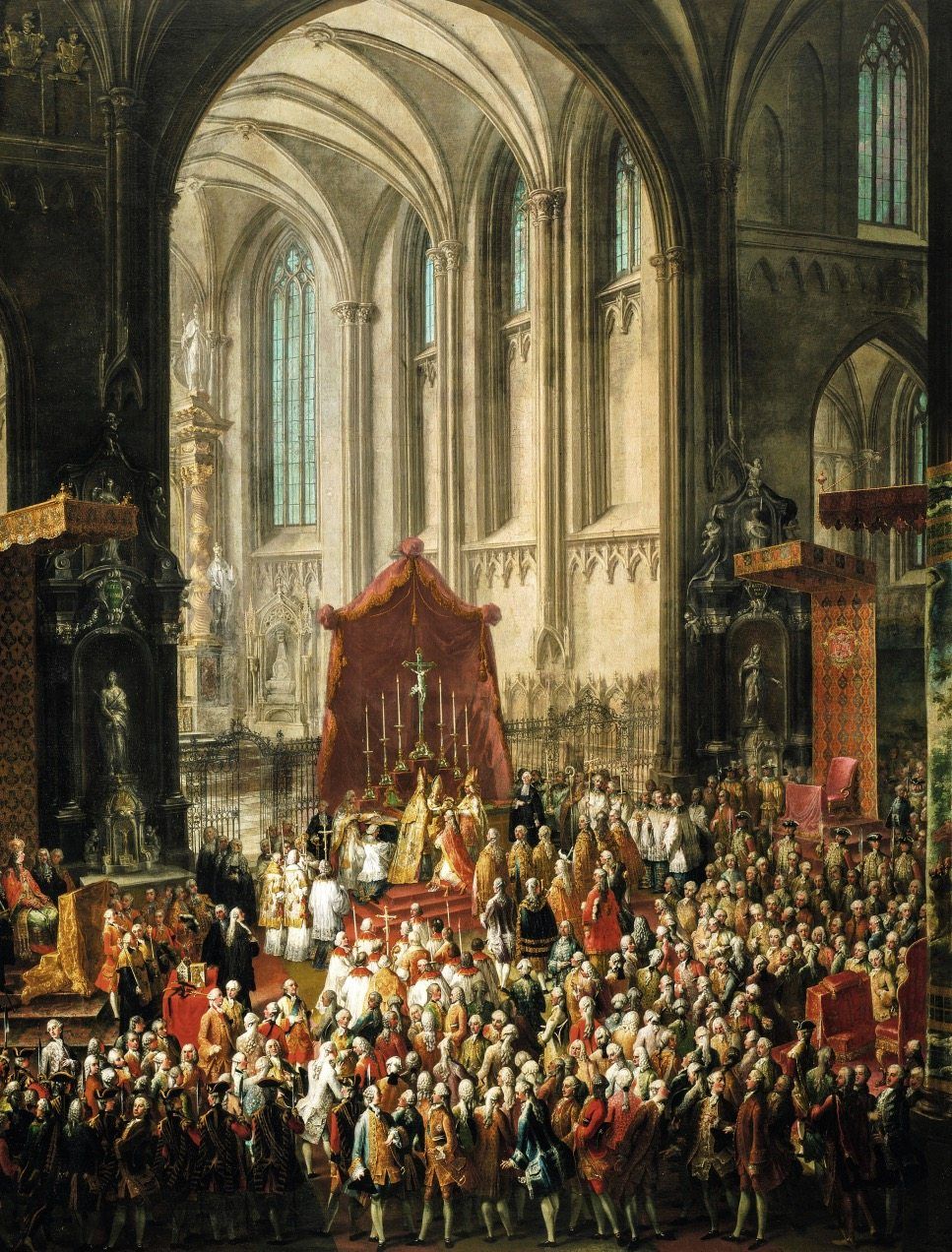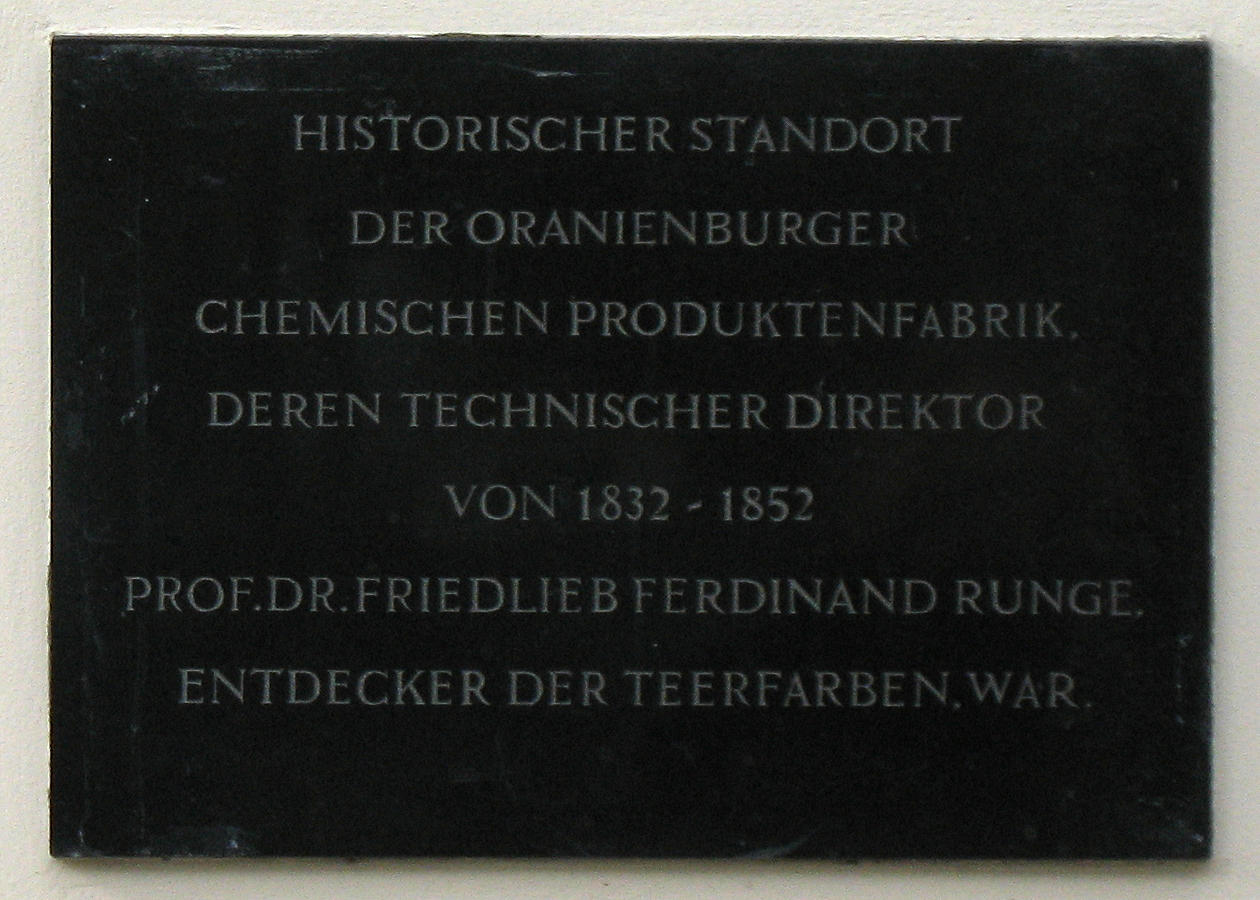|
Christel Boom
Christel Boom (née Meerrettig, married name Christel Guillaume; 6 October 1927 – 20 March 2004) was an East German intelligence agent who worked for the Stasi to infiltrate the Social Democratic Party of Germany (SPD), the ruling party of West Germany from 1965 to 1983. Alongside her husband, Günter Guillaume, she helped to orchestrate the infiltration of the West German Chancellor Willy Brandt's government. The pair passed NATO and SPD information to the Stasi between 1969 and 1974. Their exposure as spies in 1974, dubbed the Guillaume affair, was part of a chain of events which led to Brandt's resignation as Chancellor the same year. Along with her husband, Christel was arrested and imprisoned for seven years, before being released as part of prisoner exchange in 1981. On their return to East Germany, the pair returned to work for the Stasi, and were awarded the Order of Karl Marx. Christel divorced Guillaume shortly after, feeling betrayed that his confession had led t ... [...More Info...] [...Related Items...] OR: [Wikipedia] [Google] [Baidu] |
Née
A birth name is the name of a person given upon birth. The term may be applied to the surname, the given name, or the entire name. Where births are required to be officially registered, the entire name entered onto a birth certificate or birth register may by that fact alone become the person's legal name. The assumption in the Western world is often that the name from birth (or perhaps from baptism or '' brit milah'') will persist to adulthood in the normal course of affairs—either throughout life or until marriage. Some possible changes concern middle names, diminutive forms, changes relating to parental status (due to one's parents' divorce or adoption by different parents). Matters are very different in some cultures in which a birth name is for childhood only, rather than for life. Maiden and married names The French and English-adopted terms née and né (; , ) denote an original surname at birth. The term ''née'', having feminine grammatical gender, can be used ... [...More Info...] [...Related Items...] OR: [Wikipedia] [Google] [Baidu] |
Leisnig
Leisnig ( hsb, Lěsnik) is a small town in the district of Mittelsachsen, in the state of Saxony in Germany, 50 kilometers southeast of Leipzig. History A settlement in this location was first mentioned in 1046. The town features Mildenstein Castle which is over 1000 years old. The house Markt 13 shows the coat of arms of the Apian family. Leisnig was Friedrich Olbricht's birthplace. In 1944, he was involved in the 20 July Plot to assassinate Adolf Hitler, and was executed for his participation in it. The former municipality Bockelwitz became a part of the town of Leisnig in 2012. [...More Info...] [...Related Items...] OR: [Wikipedia] [Google] [Baidu] |
Member Of The European Parliament
A Member of the European Parliament (MEP) is a person who has been elected to serve as a popular representative in the European Parliament. When the European Parliament (then known as the Common Assembly of the ECSC) first met in 1952, its members were directly appointed by the governments of member states from among those already sitting in their own national parliaments. Since 1979, however, MEPs have been elected by direct universal suffrage. Earlier European organizations that were a precursor to the European Union did not have MEPs. Each member state establishes its own method for electing MEPs – and in some states this has changed over time – but the system chosen must be a form of proportional representation. Some member states elect their MEPs to represent a single national constituency; other states apportion seats to sub-national regions for election. They are sometimes referred to as delegates. They may also be known as observers when a new country is seekin ... [...More Info...] [...Related Items...] OR: [Wikipedia] [Google] [Baidu] |
Bundestag
The Bundestag (, "Federal Diet") is the German federal parliament. It is the only federal representative body that is directly elected by the German people. It is comparable to the United States House of Representatives or the House of Commons of the United Kingdom. The Bundestag was established by Title III of the Basic Law for the Federal Republic of Germany (, ) in 1949 as one of the legislative bodies of Germany and thus it is the historical successor to the earlier Reichstag. The members of the Bundestag are representatives of the German people as a whole, are not bound by any orders or instructions and are only accountable to their electorate. The minimum legal number of members of the Bundestag (german: link=no, Mitglieder des Bundestages) is 598; however, due to the system of overhang and leveling seats the current 20th Bundestag has a total of 736 members, making it the largest Bundestag to date and the largest freely elected national parliamentary chamber in the wo ... [...More Info...] [...Related Items...] OR: [Wikipedia] [Google] [Baidu] |
Willi Birkelbach
Willi Birkelbach CBE (12 January 1913 – 17 July 2008) was a West German politician (SPD). He was a member of the West German Bundestag (national parliament) between 1949 and 1964. Between 1952 and 1964 he also served as an increasingly prominent Member of the European Parliament (and its precursor body). In 1971 he became the first ever Ombudsman for Data protection in the State of Hessen. The title of the post has changed, most recently in Germany, to Datenschutzbeauftragter (''loosely, "Data Protection officer"''). Hessen was the first state in West Germany to appoint a "Datenschutzbeauftragter", which means that Willi Birkelbach was the first Data Protection Officer/Commissioner/Registrar in the German Federal Republic. Biography Early years Willi Birkelbach was born in Höchst (today part of Frankfurt am Main), the son of Johann Birkelbach (1880–1964) by his marriage to Luise Schäfer (1888-1978). Johann Birkelbach worked, at different stages, as a coachman and as a ... [...More Info...] [...Related Items...] OR: [Wikipedia] [Google] [Baidu] |
Hesse
Hesse (, , ) or Hessia (, ; german: Hessen ), officially the State of Hessen (german: links=no, Land Hessen), is a States of Germany, state in Germany. Its capital city is Wiesbaden, and the largest urban area is Frankfurt. Two other major historic cities are Darmstadt and Kassel. With an area of 21,114.73 square kilometers and a population of just over six million, it ranks seventh and fifth, respectively, among the sixteen German states. Frankfurt Rhine-Main, Germany's second-largest metropolitan area (after Rhine-Ruhr), is mainly located in Hesse. As a cultural region, Hesse also includes the area known as Rhenish Hesse (Rheinhessen) in the neighbouring state of Rhineland-Palatinate. Name The German name '':wikt:Hessen#German, Hessen'', like the names of other German regions (''Schwaben'' "Swabia", ''Franken'' "Franconia", ''Bayern'' "Bavaria", ''Sachsen'' "Saxony"), derives from the dative plural form of the name of the inhabitants or German tribes, eponymous tribe, the Hes ... [...More Info...] [...Related Items...] OR: [Wikipedia] [Google] [Baidu] |
Frankfurt Cathedral
Frankfurt Cathedral (german: link=no, Frankfurter Dom), officially Imperial Cathedral of Saint Bartholomew (german: link=no, Kaiserdom Sankt Bartholomäus) is a Roman Catholic Gothic church located in the heart of Frankfurt am Main, Germany. It is dedicated to Saint Bartholomew. It is the largest religious building in the city and a former collegiate church. Despite its common English name, it has never been a true cathedral (episcopal see), but is called the ''Kaiserdom'' (an "imperial great church" or imperial cathedral) or simply the ''Dom'' due to its importance as former election and coronation church of the Holy Roman Empire. As one of the major buildings of the Empire's history, it was a symbol of national unity, especially in the 19th century. The present church building is the third church on the same site. Since the late 19th century, excavations have revealed buildings that can be traced back to the seventh century. The history is closely linked with the general hist ... [...More Info...] [...Related Items...] OR: [Wikipedia] [Google] [Baidu] |
Hessische Staatskanzlei
Hessische Staatskanzlei (Hessian State Chancellery) is located in Mitte, Wiesbaden, Hesse, Germany Germany,, officially the Federal Republic of Germany, is a country in Central Europe. It is the second most populous country in Europe after Russia, and the most populous member state of the European Union. Germany is situated betwe .... The former Grand Hotel Rose is the seat of the government of the State of Hesse. The Acting Head of the Hessian State Chancellery has been Axel Wintermeyer since August 31, 2010. Buildings and structures in Wiesbaden Tourist attractions in Wiesbaden Government of Hesse Organisations based in Wiesbaden {{Hesse-struct-stub ... [...More Info...] [...Related Items...] OR: [Wikipedia] [Google] [Baidu] |
Agent Handling
In intelligence organizations, agent handling is the management of so-called agents (called secret agents or spies in common parlance), principal agents, and agent networks (called "assets") by intelligence officers typically known as case officers. Human intelligence A primary purpose of intelligence organizations is to penetrate a target with a human agent, or a network of human agents. Such agents can either infiltrate the target, or be recruited "in place". Case officers are professionally trained employees of intelligence organizations that manage human agents and human agent networks. Intelligence that derives from such human sources is known by the abbreviation HUMINT. Sometimes, agent handling is done indirectly, through "principal agents" that serve as proxies for case officers. It is not uncommon, for example, for a case officer to manage a number of principal agents, who in turn handle agent networks, which are preferably organized in a cellular fashion. In such ... [...More Info...] [...Related Items...] OR: [Wikipedia] [Google] [Baidu] |
Main Directorate For Reconnaissance
The Main Directorate for Reconnaissance (german: ; german: , ) was the foreign intelligence service of the Ministry of State Security (''Stasi''), the main security agency of the German Democratic Republic (East Germany), from 1955 to 1990. The HVA was an integral part of the Stasi, responsible for operations outside of East Germany such as espionage, active measures, foreign intelligence gathering, and counterintelligence against NATO-aligned countries and their intelligence agencies. The Stasi was disbanded in January 1990 and the HVA's mode of operation was revealed to the public, including its internal structure, methods, and employees. The HVA became the subject of broad interest and intensive research under the responsibilities of the Federal Commissioner for the Stasi Records. The HVA is regarded by some as the most effective foreign intelligence service during the Cold War and the second largest after Soviet Union's intelligence forces. It provided up to 80 percent o ... [...More Info...] [...Related Items...] OR: [Wikipedia] [Google] [Baidu] |
Lehnitz
Oranienburg () is a town in Brandenburg, Germany. It is the capital of the district of Oberhavel. Geography Oranienburg is a town located on the banks of the Havel river, 35 km north of the centre of Berlin. Division of the town Oranienburg consists of nine districts: * Friedrichsthal * Germendorf * Lehnitz * Malz * Oranienburg * Sachsenhausen * Schmachtenhagen * Wensickendorf * Zehlendorf History Originally named Bötzow, the town of Oranienburg dates from the 12th century and was first mentioned in 1216. Margrave Albert the Bear (ruled 1157–1170) allegedly ordered the construction of a castle on the banks of the Havel. Around the castle stood a settlement of traders and craftsmen. In 1646, Friedrich Wilhelm I of Brandenburg married Louise Henriette of Orange-Nassau (German: ''Oranien-Nassau''). She was so attracted by the town of Bötzow that her husband presented the entire region to her. The princess ordered the construction of a new castle in the Dutch style and ... [...More Info...] [...Related Items...] OR: [Wikipedia] [Google] [Baidu] |
Front Organisation
A front organization is any entity set up by and controlled by another organization, such as intelligence agencies, organized crime groups, terrorist organizations, secret societies, banned organizations, religious or political groups, advocacy groups, or corporations. Front organizations can act for the parent group without the actions being attributed to the parent group, thereby allowing them to hide certain activities from the authorities or the public. Front organizations that appear to be independent voluntary associations or charitable organizations are called front groups. In the business world, front organizations such as front companies or shell corporations are used to shield the parent company from legal liability. In international relations, a puppet state is a state which acts as a front (or surrogate) for another state. Intelligence agencies Intelligence agencies use front organizations to provide "cover", plausible occupations and means of income, for their covert ... [...More Info...] [...Related Items...] OR: [Wikipedia] [Google] [Baidu] |




